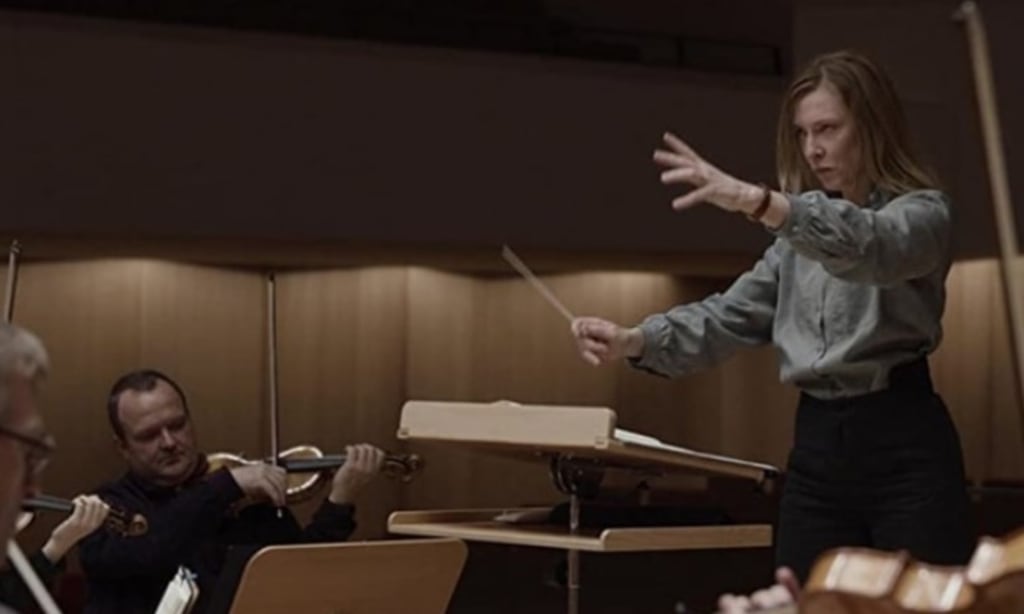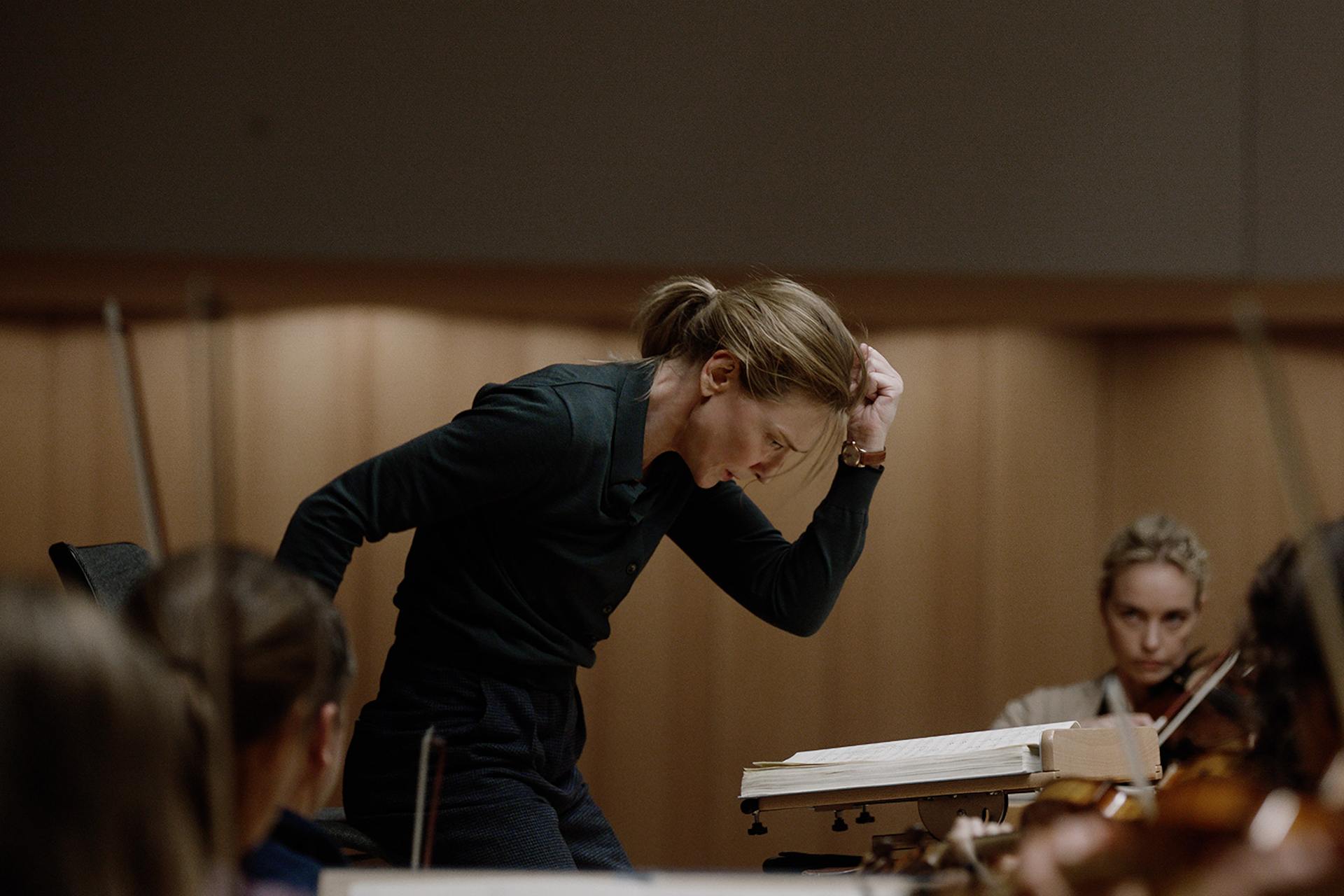TÁR – A Brilliant Character Study of Power, Genius, and Collapse
TÁR is a 2022 psychological drama film written and directed by Todd Field, marking his return to cinema after a 16-year hiatus. Featuring a career-defining performance by Cate Blanchett, the film is a searing, cerebral examination of power dynamics, artistic genius, and the slow, unnerving unraveling of a towering figure in the world of classical music. Both bold in structure and haunting in its tone, TÁR is less a conventional narrative than a complex character study that demands attention and lingers long after the credits roll.
Blanchett stars as Lydia Tár, a world-renowned conductor and composer, the first female chief conductor of the Berlin Philharmonic. At the height of her career, Lydia is a commanding presence — brilliant, intellectual, charismatic, and fearsomely controlling. She’s preparing to record Mahler’s Fifth Symphony, a monumental achievement, and is also juggling the publication of her autobiography, masterclasses at Juilliard, and her responsibilities as a partner and mother. But beneath the surface of her meticulously curated life, cracks begin to appear.
As the film progresses, accusations emerge — whispered rumors of past abuse of power, of manipulation and inappropriate relationships with protégées. What follows is a slow, relentless collapse of Lydia’s carefully constructed persona, as public scrutiny and personal guilt converge. The fall is not sudden or explosive; it is insidious and intimate, reflecting the very culture Lydia once mastered. The world she once ruled with absolute confidence turns against her, and the lines between genius and hubris, control and exploitation, become disturbingly blurred.
Cate Blanchett’s performance as Lydia Tár is nothing short of staggering. She commands every scene with precision and depth, embodying a woman who is both awe-inspiring and deeply flawed. It’s not just a role — it’s a full psychological embodiment. Blanchett captures the complexity of a character who is powerful and eloquent, yet emotionally isolated and morally ambiguous. Her portrayal anchors the film and brings an unsettling realism to Lydia’s downward spiral.
Todd Field’s direction is subtle and sophisticated. He avoids overt melodrama, instead crafting an atmosphere of psychological tension and ambiguity. The cinematography by Florian Hoffmeister uses stark lighting and carefully composed frames to mirror Lydia’s emotional detachment and growing paranoia. Hildur Guðnadóttir’s minimalist score, along with selections of classical music, underscores the film’s thematic focus on sound, silence, and dissonance — both musical and moral.

TÁR is also a meditation on cancel culture, institutional power, and the role of the artist in modern society. It raises difficult questions without offering easy answers. Is Lydia a victim of shifting cultural tides, or is her downfall a reckoning long overdue? Is her genius inseparable from her toxicity? Field’s script is intellectually dense and filled with coded dialogue, challenging the viewer to reflect rather than judge.
In conclusion, TÁR is a masterful and provocative film — as icy and elegant as its central character. It is a rare piece of cinema that explores power not through action, but through mood, silence, and psychological decay. Anchored by a towering performance from Cate Blanchett, TÁR is an unforgettable descent into the mind of a maestro on the brink.



-1752135989-q80.webp)
